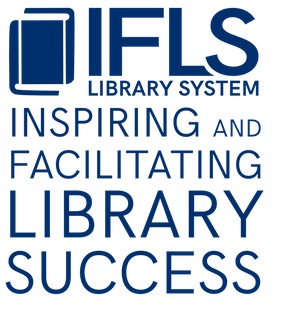A couple weekends ago, I discovered a new favorite band (The Resonant Rogues–check them out!). As I sat in the concert, I was missing a beloved, departed family member and wishing I could share the music with her, so I wasn’t surprised to spring a leak when I heard the song Can’t Come In. But in the past week and a half, I have listened to the CD approximately 10 times, like you do. And almost every time, I tear up when I hear the song. Aside from the very real possibility that there is such a thing as tear duct muscle memory, I think that the song, which is a plea to be humane and welcoming to refugees, is just plain moving.
At the same time I’ve been listening to the Resonant Rogues, I have also been reading The Lines We Cross by Randa Abdel-Fattah. The book, set in Australia but completely relevant for the U.S., is told from two perspectives. Michael is a teen who has a close and loving family, attends private school, and is trying to figure out how to tell his parents he doesn’t want to follow his father’s footsteps and become and architect. His parents are the founders of an anti-immigrant political party called Aussie Values. He has grown up not questioning their beliefs. Mina is a new scholarship student whose family has moved across Sydney so she can attend a posh private school. She’s a refugee from Afghanistan, where she and her mother lost her father and uncle to the Taliban, and her little brother to hunger and sickness. Her stepfather is opening a new Afghani restaurant in their new neighborhood, and they are all working to make the adjustment. When Mina and Michael meet, Michael is challenged to begin looking at his assumptions and beliefs, and is in the uncomfortable position of questioning everything he has grown up thinking he understood. The alternating perspectives–a tactic that I sometimes feel is overused in teen lit–work brilliantly here. I love the mixture of a light touch with serious subjects that Abdel-Fattah manages. This is an important book, and fun to read. Both Michael and Mina have believable growth, and secondary characters are interesting and well-rounded–even the jerk bully has some redeeming qualities.
The juxtaposition of the book, the song, and the regular news reports I’ve been hearing about the plight of refugees stuck in camps in Greece and people trapped in war-torn areas–it’s been a powerful combination. I recommend taking a listen and a look!


